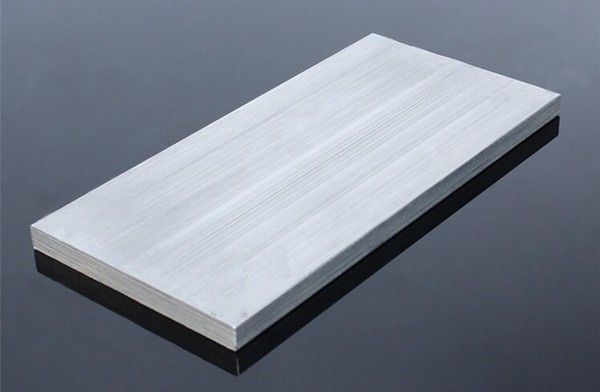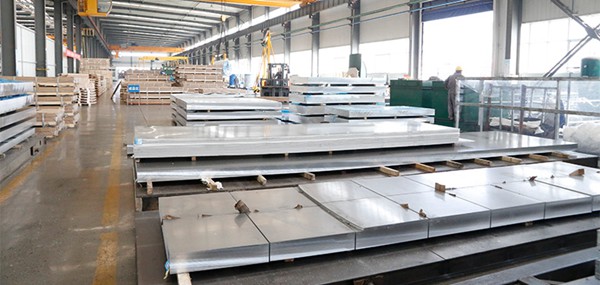Aluminum alloys are widely used in various applications due to their excellent combination of strength, weight, and corrosion resistance. Among these, the 5052 aluminum alloy stands out for its impressive strength characteristics and versatility.
The 5052 aluminum alloy is part of the 5xxx series of aluminum-magnesium alloys, known for their outstanding strength and corrosion resistance. In particular, 5052 is renowned for its high fatigue strength and exceptional ability to withstand harsh environments, making it a popular choice across industries.
One of the key factors contributing to the strength of 5052 aluminum is the alloying elements, primarily magnesium and chromium. Magnesium enhances the alloy’s strength, while chromium improves its corrosion resistance. This combination results in a material that can withstand mechanical stresses while resisting deterioration from various environmental factors.

How Strong is 5052 Aluminum Alloy?
The mechanical properties of 5052 aluminum alloy are impressive. Its tensile strength ranges from 210 to 305 MPa, and its yield strength typically falls between 83 to 276 MPa, depending on the temper. Additionally, 5052 exhibits excellent elongation and formability, making it suitable for a wide range of manufacturing processes.
One of the most common tempering processes for 5052 aluminum is H32, where the alloy is strain-hardened and stabilized. This temper provides a good balance of strength and workability, making it suitable for a diverse array of applications, from automotive components to marine structures.
In applications requiring even higher strength, the H34 temper is preferred. It undergoes partial annealing and strain-hardening, resulting in increased strength and improved formability. This temper is often utilized in structural components and high-stress applications.
Moreover, 5052 aluminum alloy can be further strengthened through cold working, a process that enhances its mechanical properties, including its tensile strength and yield strength. Cold working involves deforming the material at room temperature, aligning its crystalline structure and thus enhancing its overall strength.

In conclusion, the 5052 aluminum alloy is well-regarded for its impressive strength, which can be further optimized through various tempering processes and cold working techniques. Its versatility and ability to maintain its mechanical properties in harsh conditions make it a material of choice across a multitude of industries. Understanding and leveraging the strength of 5052 aluminum alloy are crucial for engineering robust and reliable components for diverse applications.
